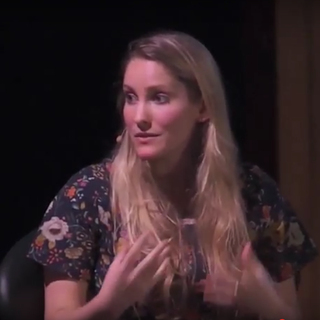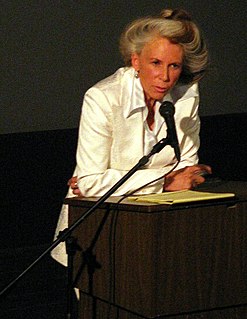A Quote by Laura Bates
While gender stereotypes can have negative impacts on men as well, the vast majority of structural gender inequality: socially, politically, professionally and economically, as well as the overwhelming burden of sexual violence is disproportionately borne by women.
Related Quotes
There may be countries [where] there's no gender inequality in schooling, even in higher education, but [where there is] gender inequality in high business. Japan is a very good example of that. You might find cases in the United States where at one level women's equality has progressed tremendously. You don't have the kind of problem of higher women's mortality as you see in South Asia, North Africa, and East Asia, China, too, and yet for American women there are some fields in which equality hasn't yet come.
The United Nations defines violence against women as any act of gender-based violence that results in, or is likely to result in, physical, sexual or mental harm or suffering to women, including threats of such acts, coercion or arbitrary deprivation of liberty, whether occurring in public or in private life.
To live in a culture in which women are routinely naked where men aren't is to learn inequality in little ways all day long. So even if we agree that sexual imagery is in fact a language, it is clearly one that is already heavily edited to protect men's sexual - and hence social - confidence while undermining that of women.



































